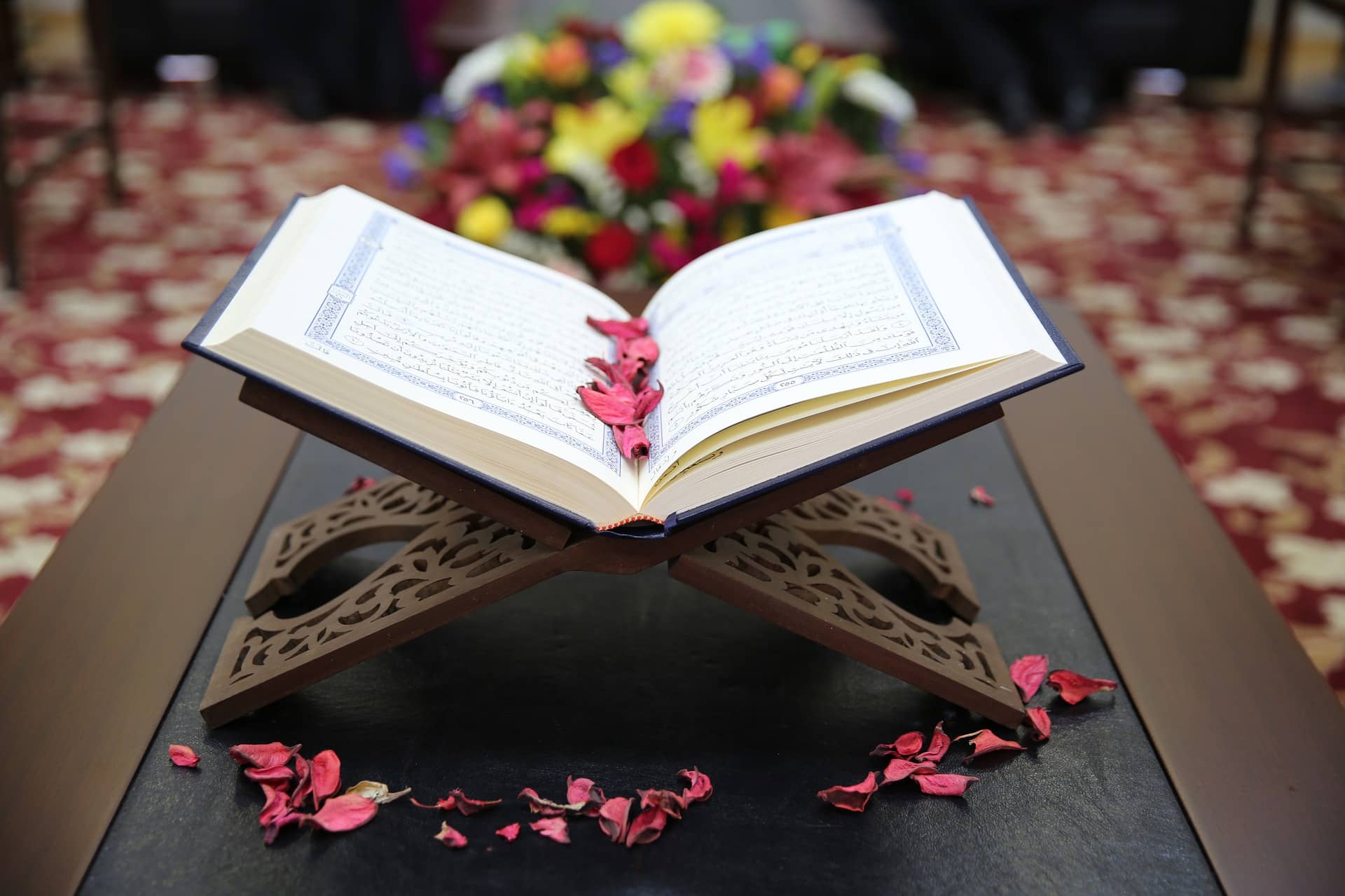To the West, bin Laden is the face of evil, a terrorist who has built a worldwide network connecting zealous fighters with rogue states. He is accused of involvement in the 1998 bombings of the U.S. embassies in Kenya and Tanzania, which killed 224 people, and in the bombing of the USS Cole off Yemen last fall. That makes him a suspect in Tuesday's attacks on American soil.
"He's probably the most popular individual in the Muslim world," said Yossef Bodansky, author of Bin Laden: The Man Who Declared War on America.
"He's the most lucid and eloquent spokesman for all of the grievances Muslims have toward the West, justified and unjustified."
 Bin Laden, who had a university education in Saudi Arabia but lacks a formal Islamic education, has been able to make an exceptionally persuasive case that international terrorism is the work of God, Bodansky said.
Bin Laden, who had a university education in Saudi Arabia but lacks a formal Islamic education, has been able to make an exceptionally persuasive case that international terrorism is the work of God, Bodansky said.
"It's correct that the majority of Muslims don't follow his beliefs, but we have yet to find someone with similar credentials who can make a contradictory case in Islamic terms," he said. "The contradictory arguments are made at the higher, academic level, but not at the popular level."
Bin Laden, who is in his mid-40's, is part of a large and influential Saudi family that made its money in construction. His own fortune is estimated at $350 million. He is the youngest of 24 brothers and has 16 to 18 children.
He was radicalized 20 years ago when he went to Afghanistan to fight in the jihad against the Soviet Union, which invaded Afghanistan in 1979.
"He fought bravely, and he returned to Saudi Arabia a hero," Bodansky said. Bin Laden objected to the American presence in Saudi Arabia after the end of the Persian Gulf war, creating diplomatic difficulties for his native country, and he was exiled to Sudan.
There he came under the influence of a Sudanese religious leader, Hassan Turabi, and became further radicalized even as he learned the religious arguments to support his beliefs.
He named his organization al-Qaeda--The Base, in Arabic--and began recruiting members from among 50,000 Afghan war veterans.
 In 1998, he allied himself with several other militant leaders and issued a religious decree: "To kill Americans and their allies, both civil and military, is an individual duty of every Muslim who is able, in any country where this is possible."
In 1998, he allied himself with several other militant leaders and issued a religious decree: "To kill Americans and their allies, both civil and military, is an individual duty of every Muslim who is able, in any country where this is possible."
"He's a formidable foe," Bodansky said, "not as a bomb-builder but as someone building a structure among a quarter of the human population."
Al-Qaeda has reportedly trained about 5,000 militants who have returned to their homes to set up their own cells.
Bodansky, who works as a congressional consultant as director of the Task Force on Terrorism and Unconventional Warfare, insists that it is too early to declare bin Laden a suspect in Tuesday's attacks on the World Trade Centers and Pentagon.
"The investigation is still at the beginning," he said. "It's going to take time before we can really say this guy did it or that guy did it. It's far too early to have this kind of quick explanation."
Bob Maxim, Middle East analyst for Pinkerton Global Intelligence Services in Virginia, said bin Laden has focused on the United States as the symbol of all the things that Islam despises. These feelings have been inflamed by U.S. support of Israel.
"He sees the U.S. as permissive and promiscuous, tolerating values that are utterly destructive of the social fabric," he said.
"You combine the religious grounds and the political grounds, and that's the motivation."
And he doesn't believe Taliban assertions that bin Laden is innocent of terrorism. "They're in a different moral dimension," he said. "You don't have to tell the truth to infidels."

